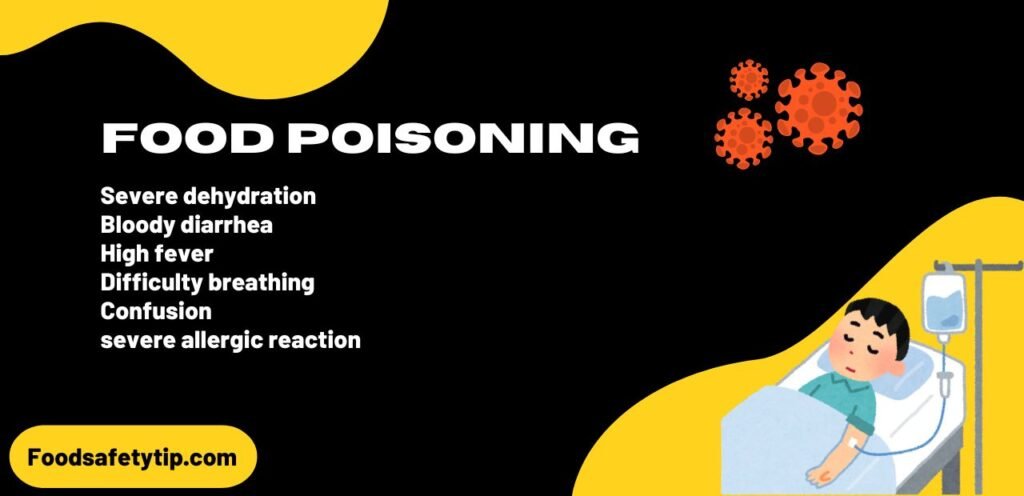Food poisoning urgent care is essential for individuals experiencing severe symptoms or complications associated with foodborne illnesses.
Food poisoning is a common health issue that affects millions of people worldwide each year.
According to the Centers for Disease Control and Prevention (CDC), approximately 48 million people in the United States experience food poisoning annually
it is resulting in 128,000 hospitalizations and 3,000 deaths.
Our posts are always willing to know what is the best way to prevent poor food safety.
This is the main message for my website posts.
When food poisoning symptoms become severe or persistent, seeking urgent medical care is crucial to prevent complications and ensure a speedy recovery.
When Should You visit urgent care for food poisoning ?

The most common symptoms of food poisoning include:
Nausea, vomiting, Diarrhea, Abdominal cramps, Fever, Headache or Fatigue.
While these symptoms are often mild and resolve on their own, there are instances when seeking medical attention is essential.
If you or someone you know experiences any of the following symptoms, it’s important to seek immediate medical care:
- Severe dehydration
- Bloody diarrhea
- High fever
- Difficulty breathing
- Confusion or altered mental state
- Signs of a severe allergic reaction (anaphylaxis)
What to Expect from Urgent Care Services
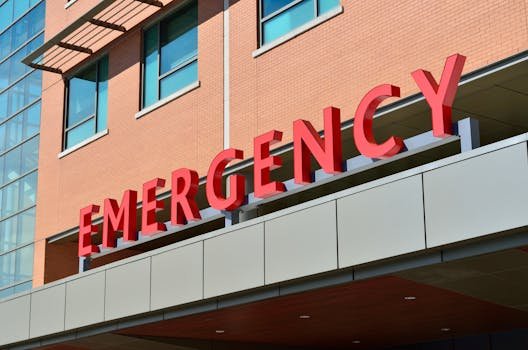
Urgent care centers are equipped to handle a wide range of medical conditions, including food poisoning.
When you visit an urgent care facility, a healthcare provider will assess your symptoms and conduct a physical examination.
They may also order laboratory tests, such as stool samples, to identify the cause of the food poisoning.
Based on the diagnosis, the healthcare provider may recommend the following treatments:
Fluid replacement:
To prevent dehydration, you may be given intravenous fluids or oral rehydration solutions.
Medication:
In some cases, medications may be prescribed to alleviate symptoms or treat underlying infections.
Lab Testing:
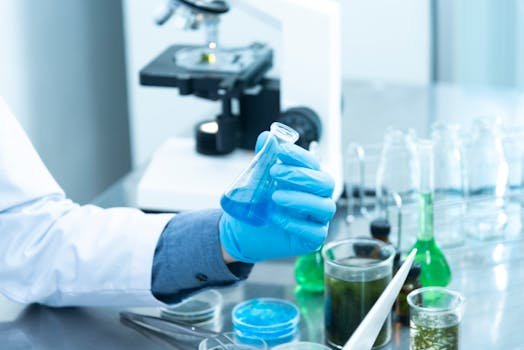
Further testing may be necessary to determine the specific type of bacteria or virus causing the food poisoning.
This makes food poisoning urgent care critical in saving lives.
Can You Treat Food Poisoning at Home?
In many cases, mild food poisoning can be treated at home. Here are some self-care measures that can help alleviate symptoms:
Rest:
Get plenty of rest to allow your body to recover.
Hydration:
Drink plenty of fluids to avoid dehydration.
Bland diet:
Stick to a bland diet of easily digestible foods, such as toast, crackers, and broth.
Over-the-counter medications:
OTC medications can help manage symptoms like nausea, vomiting, and diarrhea.
But, be careful.
These medications must also be evaluated for any unwanted effects on your health.
However, if your symptoms worsen or do not improve after a few days, it’s important to seek urgent care for food poisoning
Please note: While home remedies can be helpful for mild cases, they may not be sufficient for severe food poisoning or underlying medical conditions.
Now let’s identify some of the most common causes of food poisoning.
Common Causes of Food Poisoning :
Food poisoning urgent care is often necessary when severe symptoms arise from foodborne illnesses.
These illnesses can be caused by a variety of factors, including:
Food Preparation

Improper cooking: Cooking food to the correct temperature is essential to kill harmful bacteria.
Neglecting this may pose the foods to the temperature danger zone (TDZ) for long periods.
Cross-contamination: Avoiding cross-contamination between raw and cooked foods is crucial.
This phenomenon can occur unfortunately during any stage of food processing.
Poor hygiene: Practicing good hygiene, such as washing hands before and after handling food, can prevent the spread of bacteria.
Everyone needs to learn the correct order of steps for handwashing
Food Bacteria
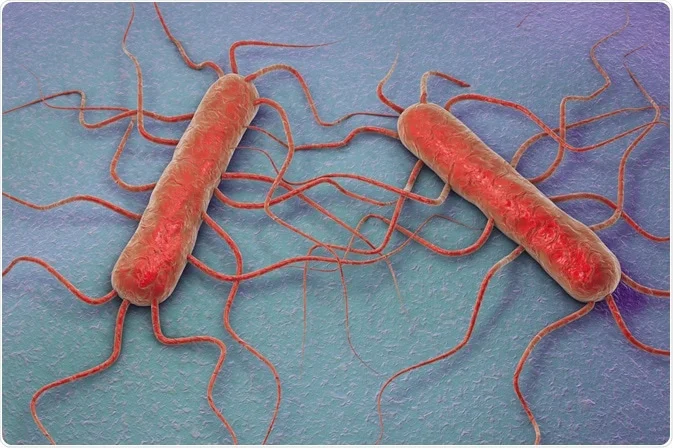
Some examples of the most harmful bacteria that affect your foods are:
Salmonella is often found in poultry, eggs, and contaminated produce.
E. coli can be found in undercooked beef and contaminated produce.
Listeria This bacteria can be found in contaminated dairy products, deli meats, and soft cheeses.
By the way, Listeria was responsible for many kills recently in Michigan and this post explains how.
These are just examples of some of the most common bacteria causing foodborne illnesses.
To learn more about the big 6 foodborne illnesses and how can they affect your health, you can read this post.
Eater Hygiene Practices
Poor hand hygiene: Not washing hands after using the bathroom or before handling food can lead to the spread of bacteria.
Consuming contaminated food: Eating raw or undercooked food can increase the risk of food poisoning.
When food poisoning symptoms become severe, seeking food poisoning urgent care is essential to prevent complications and ensure a speedy recovery.
Preventing Food Poisoning
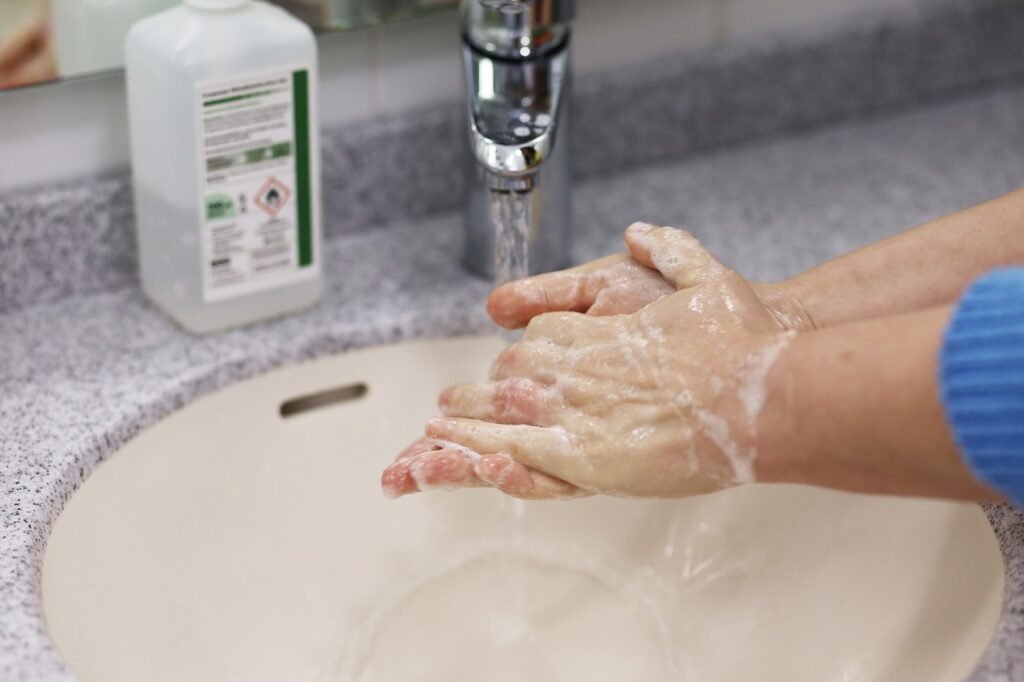
By following a few simple practices, you can significantly reduce your risk of food poisoning:
Wash your hands: Wash your hands with soap and water before, during, and after preparing food.
Cook food thoroughly: Cook food to the recommended internal temperature to kill harmful bacteria.
Separate raw and cooked foods: Use separate cutting boards and utensils for raw and cooked foods to prevent cross-contamination.
Refrigerate perishable foods promptly: Store perishable foods in the refrigerator at 40°F (4°C) or below.
Avoid consuming raw or undercooked foods: Be cautious about consuming raw or undercooked foods, such as raw eggs or undercooked meat.
Beware of contaminated produce: Wash fruits and vegetables thoroughly before consuming them.
Remember, if you suspect you have food poisoning, it’s important to seek food poisoning urgent care to prevent complications and ensure a speedy recovery.
Conclusion:
Food poisoning urgent care is essential for individuals experiencing severe symptoms or complications associated with foodborne illnesses.
While most cases of food poisoning can be treated at home, it’s important to seek medical attention if your symptoms are severe or do not improve.
By understanding the causes of food poisoning and taking preventive measures, you can significantly reduce your risk of experiencing this condition.
Remember, if you suspect you have food poisoning, it’s important to seek food poisoning urgent care to prevent complications and ensure a speedy recovery.

